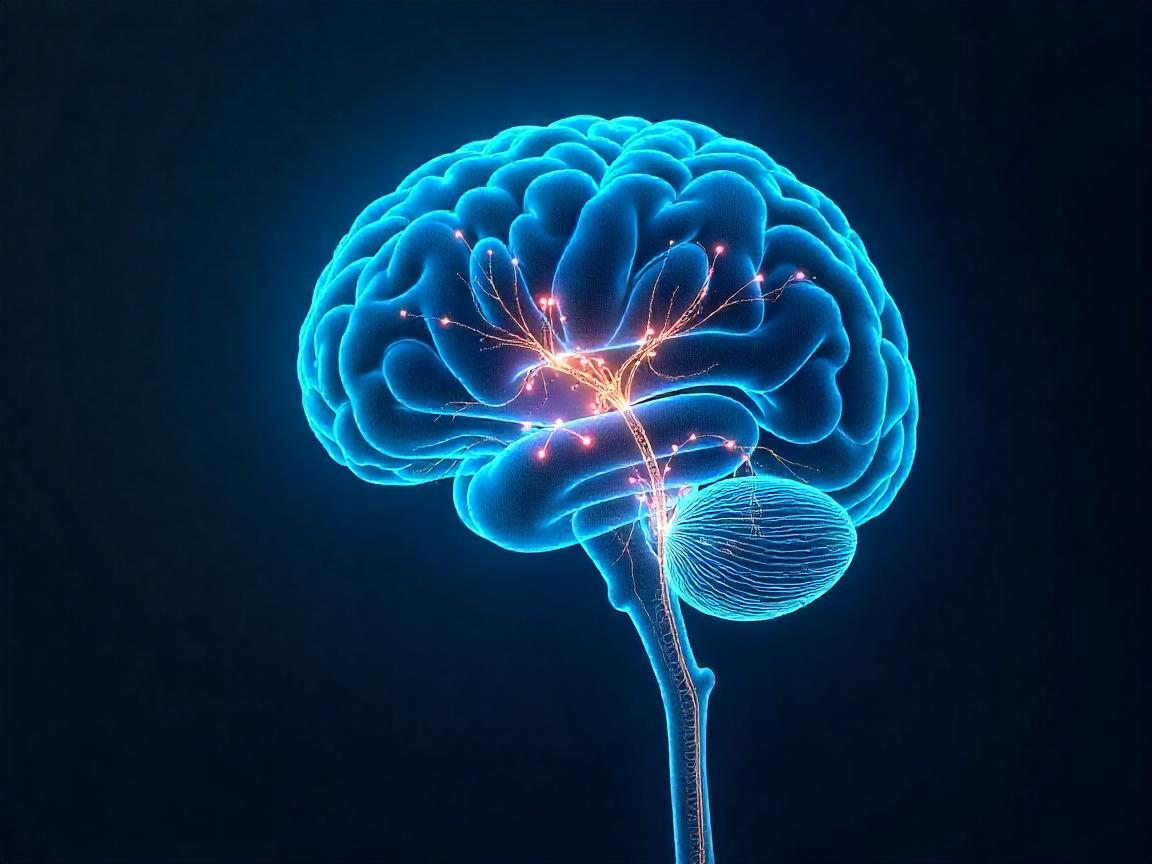
The Startling Link Between Gut Health and Autism
Autism fecal transplants: Could it be that the cure to treat autism symptoms does not only lie in the brain-but far in the gut? Within the last ten years, researchers have discovered a strange and fascinating relationship: that children with autism usually possess very different bacteria in the gut to those without autism. Others have gone as far as to refer to the gut as our second brain, and with good reason; the intestines manufacture around 90 percent of the bodies serotonin; a very important neurotransmitter of mood and behavior regulation.
But now we come to what is controversial. Initial experiments indicate that when the composition of the gut microbiome is altered through an intervention such as a fecal microbiota transplants (FMT), some children with autism are allowed to exhibit reduced GI symptoms, enhanced sleeping patterns, and even improved social behaviors. A study carried out in 2019 by Arizona State University showed that following FMT, core autism symptoms were reduced by 45 percent in the participants. Well, is it a medical discovery or another hype theory? So, enough exposition, let us get at it!
The Gut-Brain Axis: How Bacteria Control Behavior
The possibility that microorganisms in the gut can affect the brain is not entirely new, but the range of this effect is also revealed only now. It has been found that in children with autism there is a high occurrence of intestinal permeability, incessant constipation, and proliferation of dangerous bacteria such as Clostridia. Such imbalances can initiate the inflammation which can affect the brain, aggravating behavioral symptoms.
According to ASU microbiologist Dr. Rosa Krajmalnik-Brown, the difference has been “we have seen autistic children with 25 percent reduced diversity of microbes compared to neurotypical children.” Some of them improve in eye contact and in verbal communication measurably when we re-introduce healthy bacteria.
Practical example: During one open-label research in 2017, FMT was given to 18 autistic children. Following treatment parents reported:
- Improved command of the language (one talked sentences after long having been unable to)
- Less self-stimulatory actions (such as hand-flapping)
- Less digestive complaints (fewer cases of bloating, diarrhea)
There are still critics, though: correlation does not imply causation. Are the changes placebo effects, or does the microbial key to autism exist after all?
Fecal Transplants for Autism: Miracle or Minefield?
FMT is outlandish-sounding, and it is. It is done by moving well selected donor stool (again, you hear it right) into the gut of a patient either through capsules or colonoscopy. The goal? In order to reseed their microbiome using the good bacteria.
And the thing is that there are no long-term safety data on autistic children. Whereas FMT is clinically approved to treat C. diff diseases, its application in autism is experimental. Other researchers, such as a neurologist, Dr. David Beversdorf, are cautious: “We have had instances where FMT provoked seizures in susceptible patients”. This must be larger, controlled trials before we get to referring to it as a treatment.”
Still, the parents of the children with severe autism are in distress. One mother, whose son was part of an FMT trial, added: “After years of meltdowns he started to make eye contact. It was no cure – but it was hope.”
What’s Next? Microbiome Therapy of the Future
As FMT makes the news, other gut-based therapies are coming onto the scene:
- The administrations of custom probiotics (e.g., L. reuteri reversed social deficits in mice)
- Specific diets (keto and low-fermentable carb) are promising
- Phage therapy (antibiotics-free infection of harmful bacteria)
Future milestone: A Phase 2 study on FMT as a treatment of autism is under review at the FDA, and the findings are projected in 2025. The first microbiome-based therapy of autism could appear in several years in case it is successful.
The Big Question: Should We Fast-Track FMT?
The awkward reality is this: Autism is a spectrum and no one single strategy will work on every patient. There are kids who run successfully after receiving microbiome therapy whereas zero effects are noticed in others. Such lack of predictability causes FMT to be exciting and risky.
Last point: Perhaps the question is posed in the wrong way. As opposed to, Can fecal transplants cure autism? we ought to wonder: can a fixed gut help to make life easier for some of the kids? In the short run this appears to be a tentative Yes-but we need more science.
Your opinion? Do you think you would consider FMT as a treatment of autism or it is too early? Leave your comments down.